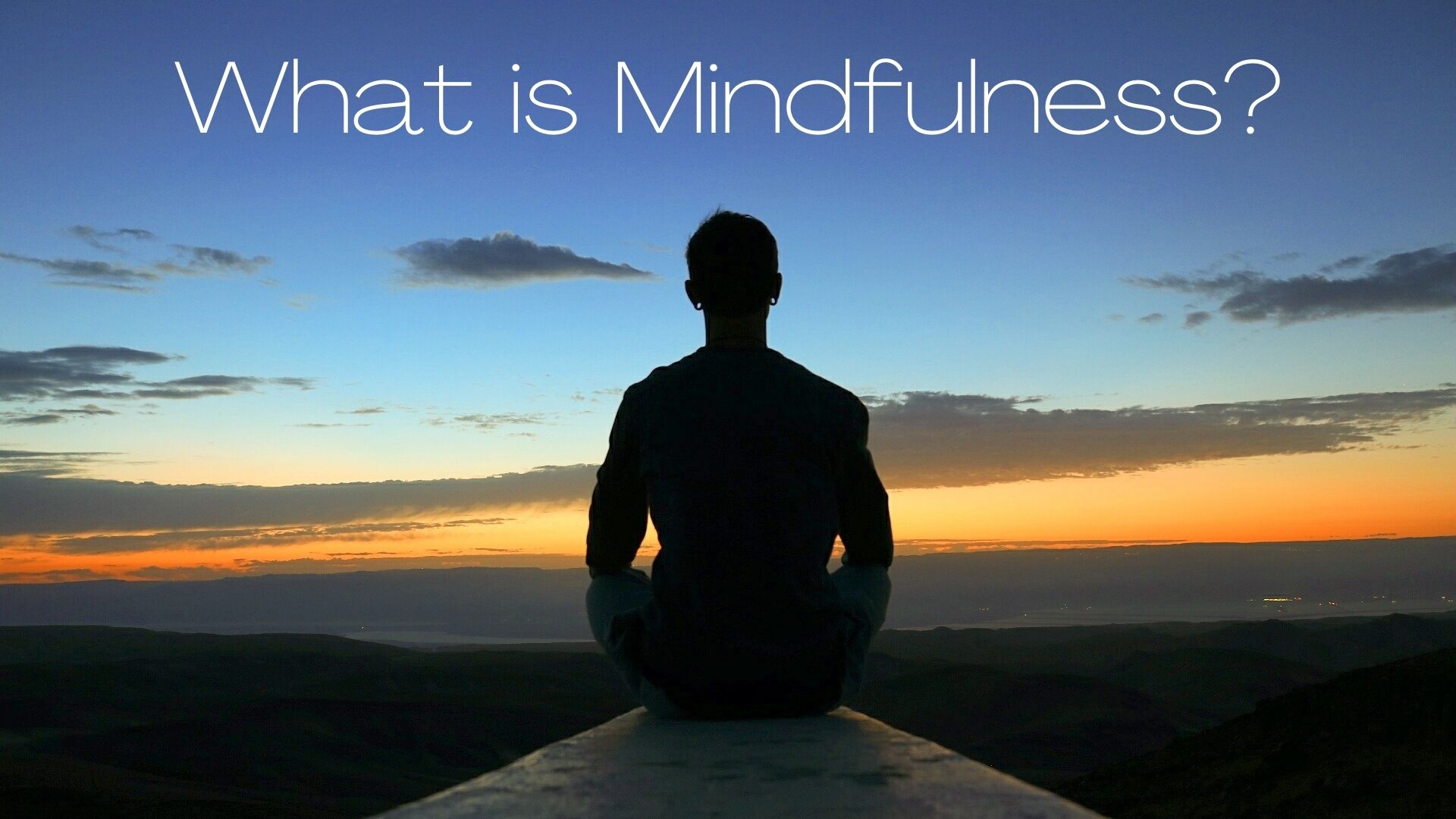I have recently posted some articles about the benefits of mindfulness meditation.
Numerous psychological studies have shown that regular meditators are happier and more contented than average.
These are not just important results in themselves but have a huge medical significance as such positive emotions are linked to longer and healthier life
For example, meditation can stop your brain shrinking and prevent Alzheimer’s disease and studies worldwide have found that meditation reduces the key indicators of chronic stress, including hypertension.
Mindfulness meditation has also been found to be effective in reducing the impact of serious conditions, such as chronic pain and cancer, and can even help to relieve drug and alcohol dependence.
Mindfulness meditation also bolsters the immune system and this helps to fight off colds, flu and other diseases.
Anxiety, depression and irritability all decrease with regular sessions of meditation.
Memory also improves, reaction times become faster and mental and physical stamina increase.
Regular meditators enjoy better and more fulfilling relationships.
But I also get asked this question – What is Mindfulness?
Mindfulness is conscious, curious, unattached, non-judgemental awareness and it could be the awareness of what is happening in the outside world or it could be awareness of what is happening in your body.
It could be awareness of your thoughts. It could be awareness of images in consciousness. It could be awareness of emotions. So when you observe without judgement that’s mindfulness and it’s very profound. It’s the highest form of human intelligence, because in the mere observation of yourself you are observing you, your perceptions, your thoughts, your sensations, your images.
So the highest form of human intelligence is to be able to observe yourself without judging yourself and in the observation of yourself without judgement is transformation, insights, intuition, creativity, imagination, healing, self-repair, self-organization, homeostasis, the tything of your biological rhythms to the rhythms of the Universe (circadian rhythms).
It is healing, which is basically your essential state. You are a human being not a human doing.
And the best part of all is if you can breathe, you can do mindfulness meditation!
So why not do something that will help improve the quality of your life and, prevent illness and disease and make you a better person?
Why not incorporate mindfulness training as part of a resilience module in your conflict management and restraint training?
And for those of you attending our refresher courses this year, I will personally be teaching you how to do this to help you build more personal resilience – https://nfps.info/restraint-instructor-refresher-courses-2022/.

